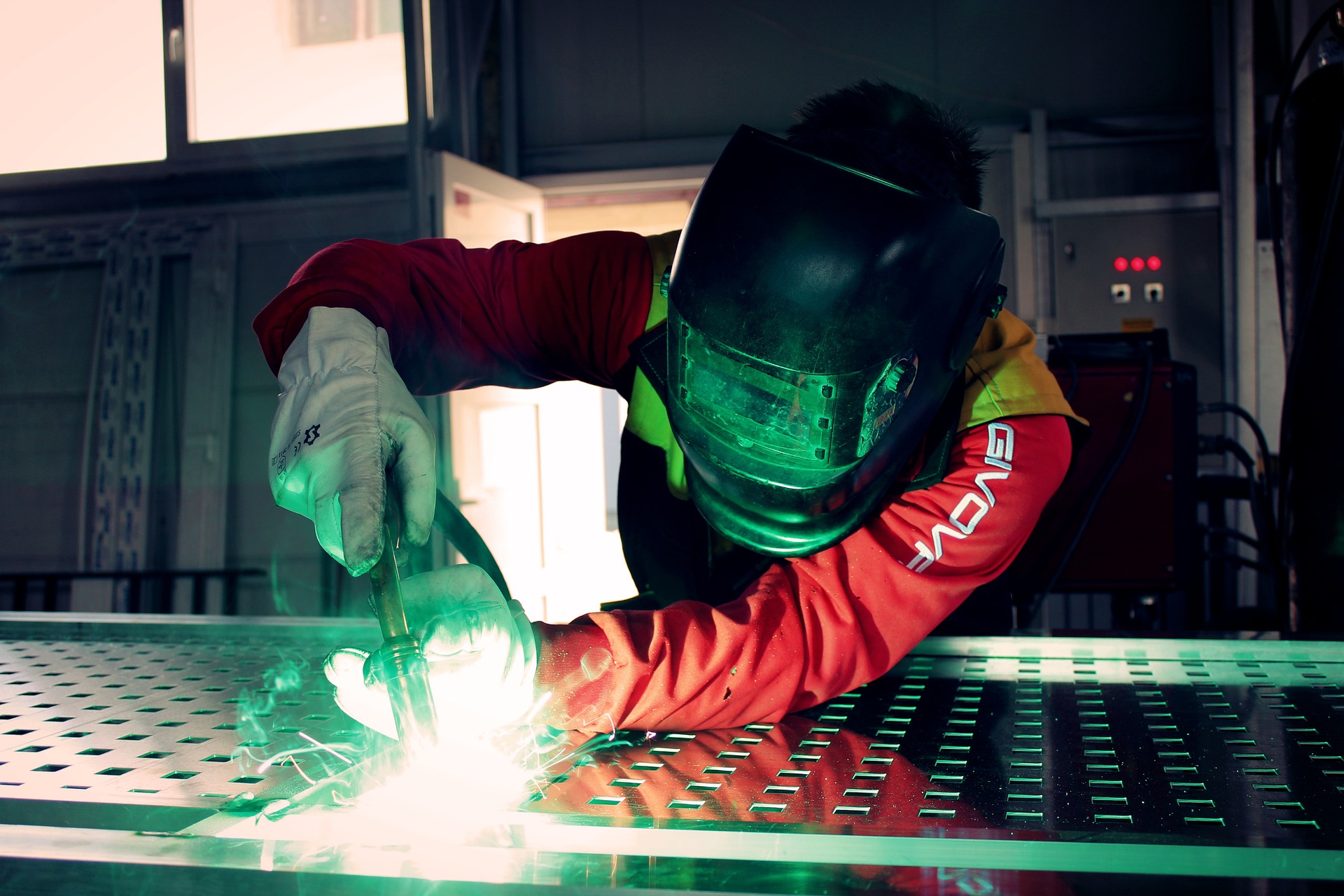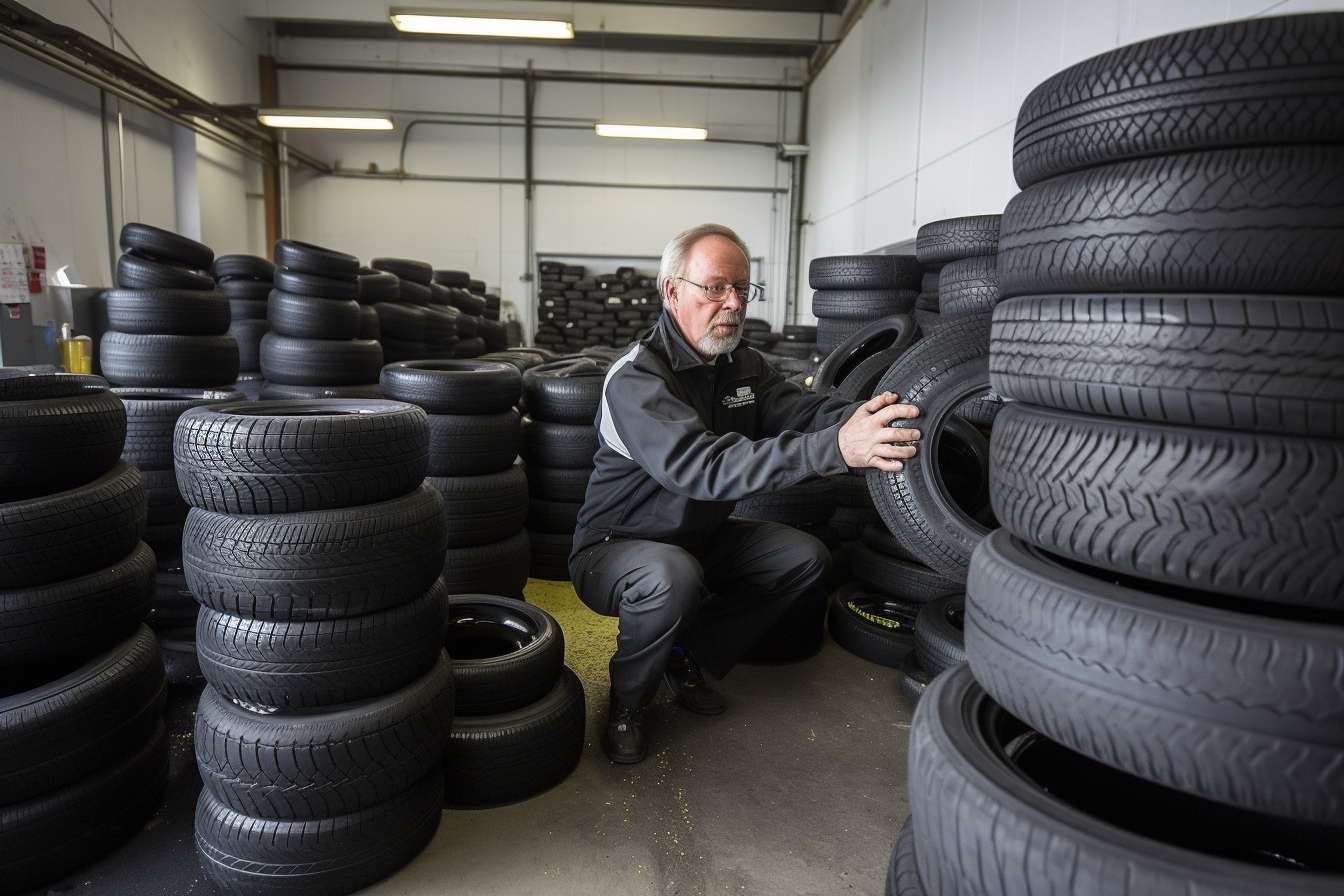Why Handcrafted Skills Are Gaining New Value in Business
In a world dominated by automation and digital solutions, an unexpected movement is reshaping industries: the renewed appreciation for handcrafted skills. From artisanal manufacturing to bespoke services, hands-on expertise is once again becoming a powerful differentiator in today’s competitive business landscape.

In a world dominated by automation and digital solutions, an unexpected movement is reshaping industries: the renewed appreciation for handcrafted skills. From artisanal manufacturing to bespoke services, hands-on expertise is once again becoming a powerful differentiator in today’s competitive business landscape.
The roots and resurgence of craftsmanship
Craftsmanship was once the cornerstone of economic life. Before industrialization, blacksmiths, tailors, carpenters, and potters were community essentials. However, mass production and the digital revolution gradually pushed manual trades into the margins.
Today, that trend is reversing. Consumers, saturated with uniform products and impersonal service, are seeking authenticity, quality, and human connection. Handmade goods, locally crafted items, and custom-built solutions carry a story and identity that resonate in ways mass-produced alternatives cannot.
From luxury watches to hand-poured candles, craftsmanship adds emotional value and distinctiveness—key elements in brand differentiation. Entrepreneurs who tap into this rising preference for personal touch are finding fresh paths to profit and customer loyalty.
Competitive edge through tangible skills
As industries become increasingly digitized, practical, hands-on skills stand out. Businesses that incorporate craftsmanship are more adaptable, offering personalized experiences and agile problem-solving that digital-only competitors struggle to replicate.
Skilled trades are also vital to innovation. Consider the rise of makerspaces and small-batch manufacturing hubs that blend traditional skills with new technology. Woodworkers using CNC machines, leatherworkers launching Etsy empires, or cobblers innovating sustainable footwear all showcase how old and new techniques can create business breakthroughs.
Moreover, companies that embrace handcrafted processes are often more sustainable, producing less waste and fostering local supply chains. This aligns with growing consumer values around ethical and environmentally responsible consumption.
Workforce development and economic opportunity
Handcraft jobs are not only artistically valuable—they’re also economically strategic. With labor shortages in many trades and an over-reliance on imported goods, investing in skilled craftsmanship supports regional resilience.
Organizations, from local governments to tech companies, are funding trade schools, apprenticeships, and skill-building programs that teach metalwork, tailoring, ceramics, and woodworking. These initiatives provide meaningful career paths, particularly for communities underserved by white-collar industry.
As automation takes over routine tasks, human ingenuity and hands-on mastery become more important. The ability to work with materials, fix machines, design unique products, or customize services is quickly turning into a competitive asset.
Handmade meets digital commerce
Digital platforms have empowered handcrafted businesses to scale without losing their essence. Whether through Shopify storefronts, Instagram shops, or curated marketplaces like Etsy, craft-based entrepreneurs are reaching global audiences while retaining local identity.
Storytelling plays a key role. Buyers don’t just want a product—they want to know who made it, how it was made, and why it matters. Businesses that share the origin, process, and purpose behind their offerings stand out in cluttered markets.
Social media also creates opportunities for live demonstrations, behind-the-scenes content, and maker narratives that build brand intimacy. When craftsmanship meets transparency, it builds trust and loyalty that mass brands often lack.
The new prestige of manual mastery
In the past, society often placed white-collar work on a pedestal. Today, a cultural shift is underway. Being able to make something tangible—to fix, build, or shape—is gaining renewed prestige.
Media portrayals, from YouTube craftspeople to Netflix docuseries about artisans, celebrate these skills. Businesses are capitalizing on this shift by incorporating handmade elements into high-end products and services. Interior design firms are hiring hand-tool carpenters. Breweries are offering custom tap handles. Tech companies are furnishing offices with locally crafted furniture.
The message is clear: manual skill is no longer the opposite of innovation—it’s a partner to it.
Strategic insights for businesses embracing craftsmanship
- Invest in skilled labor as a brand differentiator and long-term asset
- Blend traditional handcraft techniques with modern tools and platforms
- Promote the origin and story behind handcrafted goods and services
- Develop apprenticeship programs to build sustainable in-house talent
- Align craftsmanship with sustainability goals to attract conscious consumers
As the world seeks balance between digital convenience and human connection, businesses that embrace handcrafted skills are carving out profitable, meaningful niches. In the race to stand out, the personal touch of craftsmanship may just be the most powerful tool in a company’s toolkit.




